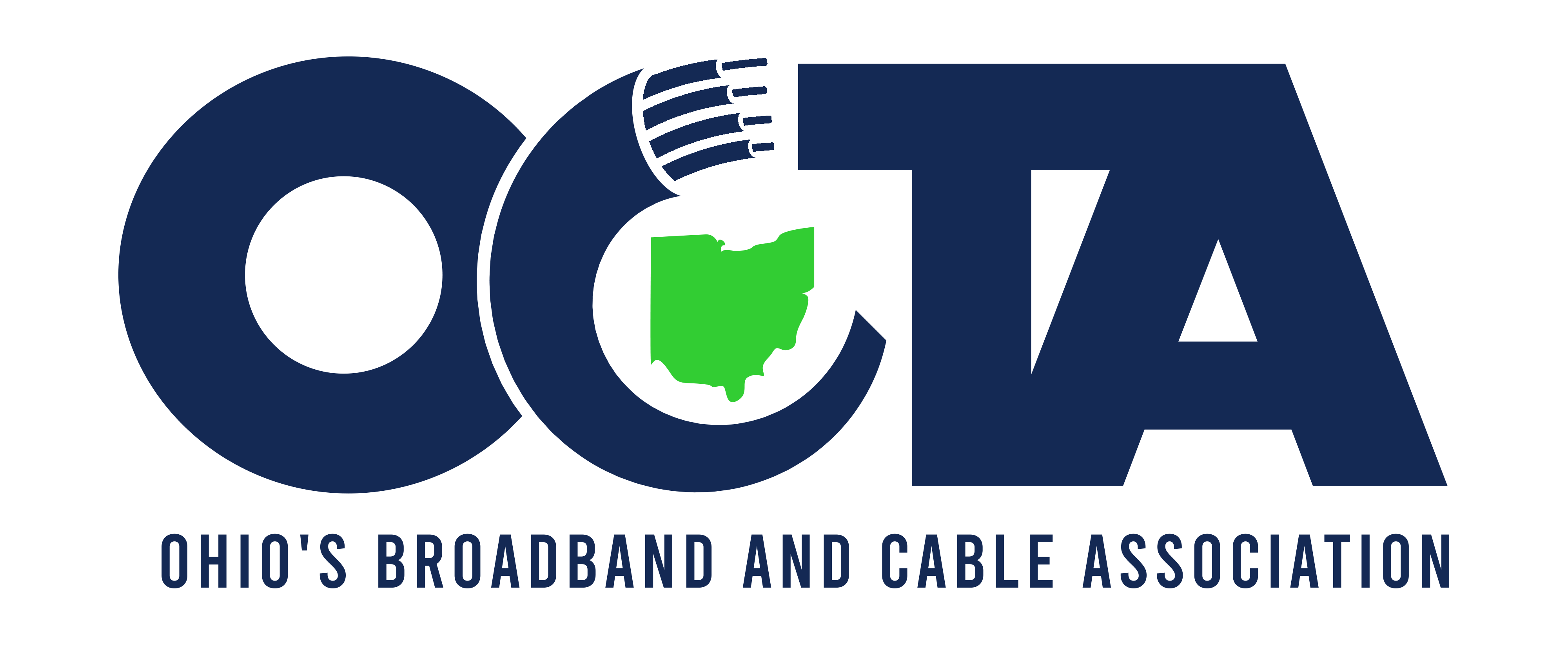Complete Story
07/12/2016
In Senate Testimony, ACA's Polka Urges FCC To Embrace FTC's Time-Tested Approach Toward Privacy For Broadband Customers
PITTSBURGH, July 12, 2016 - Testifying before the Senate Commerce Committee, American Cable Association President and CEO Matthew M. Polka today said the Federal Communications Commission's proposed broadband privacy and data security rules should be abandoned because they are not warranted and would impose onerous obligations on smaller Internet Service Providers (ISPs), chilling investment and innovation without adding much in the way of consumer protection.
Polka's central message was for the FCC to adopt rules consistent with the Federal Trade Commission's time-tested and more balanced approach to broadband privacy and security. But, Polka added, if the FCC ignores ACA's request, the agency should ease the burdens on small providers by providing tailored exemptions, extending compliance deadlines, and streamlining its rules.
"The FCC should revise its approach, reassess the costs and benefits of its proposal, and seek to harmonize it with the FTC's approach," Polka said in his prepared testimony. The Senate Commerce Committee, headed by Chairman John Thune (R-S.D.) and ranking member Bill Nelson (D-Fl.), is a panel that oversees the FCC and its regulation of an assortment of sectors in the communications industry, including cable operators, broadcasters, telephone companies, wireless carriers, and satellite distributors.
Consistent with federal law, ACA members already comply with numerous privacy and data security obligations. These include two provisions in the Communications Act -- Section 631 for cable services, enacted in 1984, and Section 222, the Customer Proprietary Network Information (CPNI) rules for voice and now broadband services, enacted in 1996. These also include Section 5 of the Federal Trade Commission Act for non-common-carrier services and the laws of the states where providers operate.
Because ACA members are subject to so many time-tested privacy and security obligations, they had hoped that the FCC, in crafting CPNI regulations to cover broadband, would have proposed a regime consistent with requirements already on the books.
"Unfortunately, the FCC insisted on blazing an entirely new path by proposing novel, complex, and overly prescriptive requirements," Polka said.
Ahead of the release of the FCC's plan, ACA joined with other industry organizations last year to present the FCC with a privacy framework that would promote the goals of transparency, choice, and data security while retaining consistency with the FTC's framework. These privacy proposals would protect consumers and regulate equally all participants in the Internet ecosystem.
Polka underscored that the FCC's proposal clamps down on ISPs in a one-sided manner. Exempt are so-called edge content providers that collect and store private information from users for commercial purposes. The FCC rules, therefore, capture "a mere subset of players in the Internet ecosystem," Polka said, adding that "this would lead to customer confusion, as well as distort the market through asymmetric regulation."
Polka closed by saying that as the FCC moves to craft new rules for broadband, ACA would try its best to ensure that previous efforts of the Commerce Committee and other government bodies will be seen as a solid foundation upon which to build a sound and lasting regulatory regime for the benefit of all broadband users.

